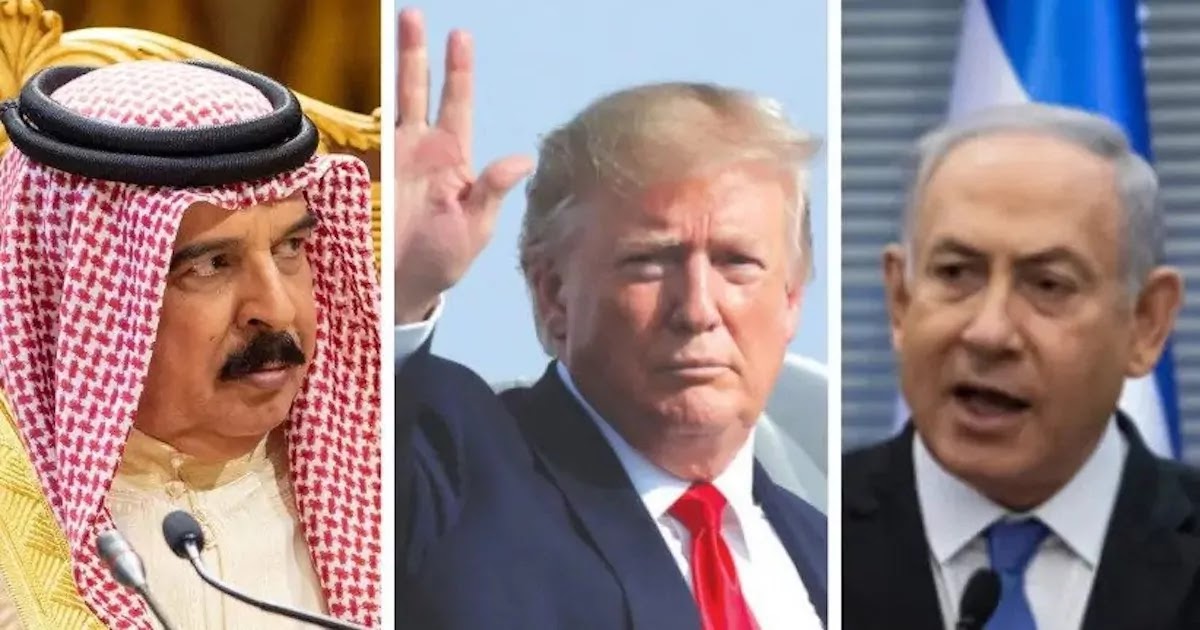
Photo: Bahraini King Hamad bin Isa Al Khalifa, US President Donald Trump, Israeli Prime Minister Benjamin Netanyahu, REUTERS
It has been another historic week for inter-state relations in the Middle East after Israel and Bahrain agreed to normalise their diplomatic ties. It comes just weeks after Israel signed a similar historic deal with the United Arab Emirates to normalise relations.
Until just last month, Israel, which has been recognised as a nation by Western powers since independence in 1947, has had normalised diplomatic ties with only Egypt and Jordan within the Middle East region.
These historic deals were both overseen by the United States and Donald Trump was quick to tweet out his support, saying:
"Another HISTORIC breakthrough today! Our two GREAT friends Israel and the Kingdom of Bahrain agree to a Peace Deal – the second Arab country to make peace with Israel in 30 days!"
Another HISTORIC breakthrough today! Our two GREAT friends Israel and the Kingdom of Bahrain agree to a Peace Deal – the second Arab country to make peace with Israel in 30 days!
— Donald J. Trump (@realDonaldTrump) September 11, 2020
Israeli Prime Minister Benjamin Netanyahu said in a statement, in which he directly praised President Trump:
"This is a new era of peace. We have invested in peace for many years and now peace will invest in us. It will lead to very large investments in the Israeli economy and that is very important. These agreements came about as the result of hard behind the scenes work for many years that bore fruit with the important help of our friend US President Trump."
Commentators are now speculating that other Arab states may move towards recognising Israel and normalising ties. Many of these countries currently forbid Israeli citizens from entering their territory and ban their citizens from visiting Israel. In almost all cases the states looking likely to recognise Israel are allies of the United States. Some even believe that Saudi Arabia may change its strong stance against Israel.
These moves can be seen by the United States as a way to shore up their allies in the region and lock out those who are regarded as opponents of US and Israel, namely Iran and Syria, who are allied more so with Russia and China.
Israel has long been seen as an enemy within the Arab world due to the occupation of Palestinian land following the mass arrival of Jewish people in the 1940s. Israel is even now continuing to expand into Palestinian land in the West Bank in defiance of international law. While many Arab national leaders may welcome the new relationship with Israel and the US, it is likely many in their populations will not be so welcoming of the new deals, and internal pressure on Arab leaders may emerge as they are potentially accused of betraying the Palestinian cause.












COMMENTS